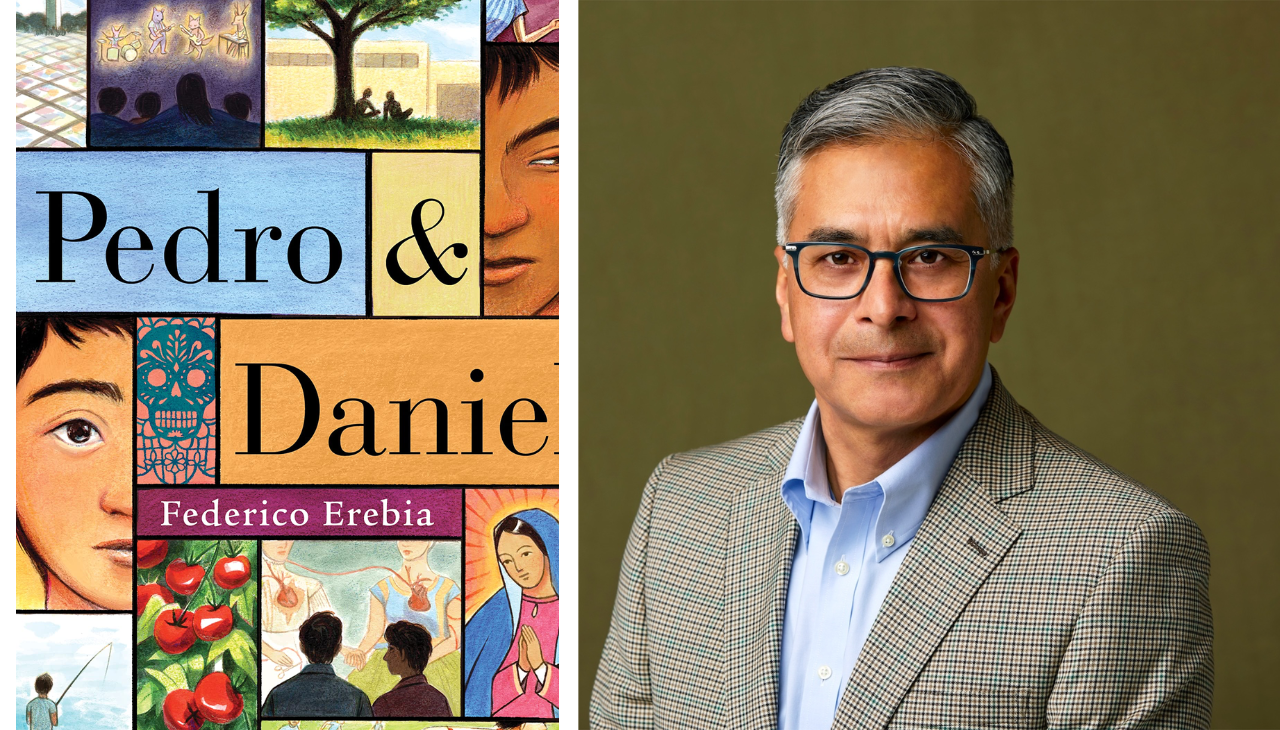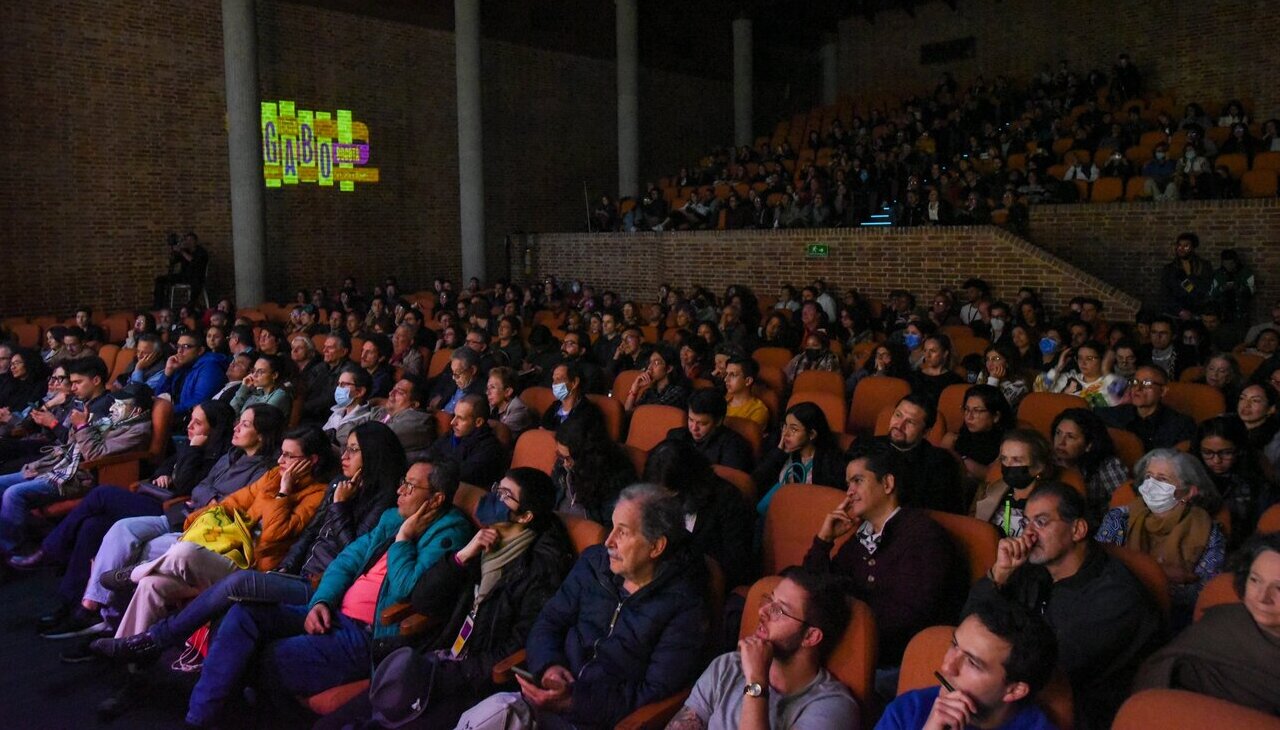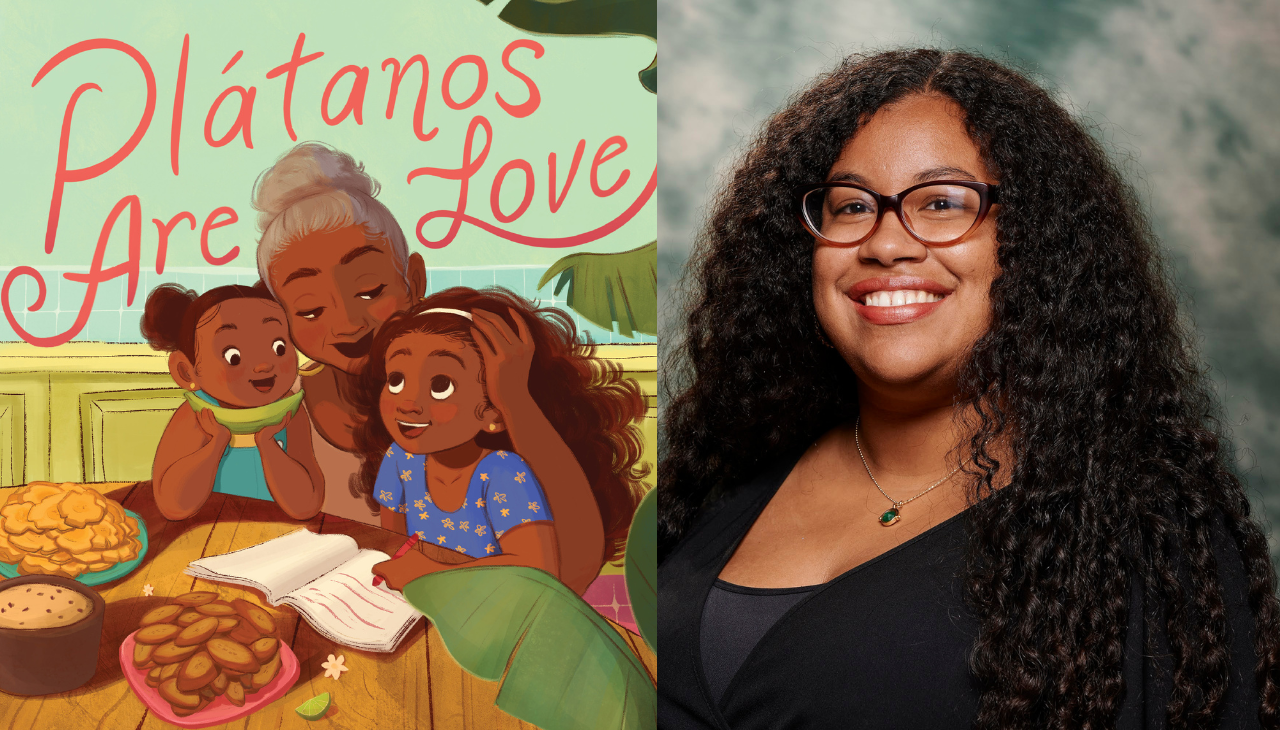
Mariana Enriquez: Latin America's Queen of Terror
The Argentine writer has become a reference for Hispanic horror and fantasy literature
Born in 1973 into a family of readers in Buenos Aires, Mariana Enríquez grew up influenced by the stories and superstitions told by her grandmother. From there, and her many years working as a journalist in her country, Enríquez has grown into one of the most powerful female literary voices in Latin America, as well as one of the main referents of horror and fantasy literature, a genre little explored in the continent.
Among her most recognized works stand out the book of short stories Las cosas que perdimos en el fuego (2016), (Things We Lost in the Fire), which solidified her as the most relevant Argentine horror writer of today, and the novel Nuestra parte de noche (2019), Our Share of Night: A Novel, for which she won the Herralde Novel Prize.
In Things We Lost in the Fire, the author compiles eleven stories the reader is forced to forget himself to follow the vicissitudes and investigations of bodies that disappear or reappear at the least expected moment. Whether a social worker, a policewoman or a tour guide, the protagonists struggle to sponsor socially invisible beings, delving into the weight of guilt, compassion, cruelty, the difficulties of coexistence, and a terror as deep as it is plausible.
In Our Share of Night: A Novel (2019), the reader embarks on a journey between the repression of the Argentine military dictatorship and the psychedelic London of the 60s, where unimaginable monsters, rituals with fierce human sacrifices, enigmatic sexual liturgies and the burden of an atrocious inheritance are mixed.
"I think horror literature deals with the most difficult issues of our lives in general, violence, madness, isolation...It's an intergenerational genre, it's not for teenagers. That would be to think that fear is an emotion that ends when you're 18. And it seems to me that it's the opposite. The more adult you become, and the closer you get to death, the worse it gets," said Enríquez in an interview with Casa América, Madrid .
RELATED CONTENT
The Argentine author also just published El otro lado (Anagrama, 2022), a vast compilation of her journalistic work since she began her career in the 1990s. The texts, selected and edited by the Argentine journalist Leila Guerriero with the aim of demonstrating that there are communicating vessels between her journalistic work and her novels, has ended up being a "kind of non-fiction biography," she says.
Some of the selected columns deal with episodes of his life about drugs, alcohol, sexual and sentimental relationships.
"Very serious and heavy things about which I prefer to use humor to de-dramatize them and live them without suffering; as a way of accepting them, exorcising them and not taking myself all the time so seriously, because sometimes it becomes a problem. Not doing so opens up the discussion a bit. It is a strategy, above all a journalistic one, of dialogue," said the author in an interview with the newspaper Público.
Enríquez wrote her first novel, Bajar es lo peor, when she was 19 years old, for her friends and family, with no intention of having it published. Since then, she has not stopped writing. Her author of reference? Stephen King, she answers without a doubt, referring to the king of horror literature in the U.S. From him, her favorite books are It and Pet Sematary.











LEAVE A COMMENT:
Join the discussion! Leave a comment.